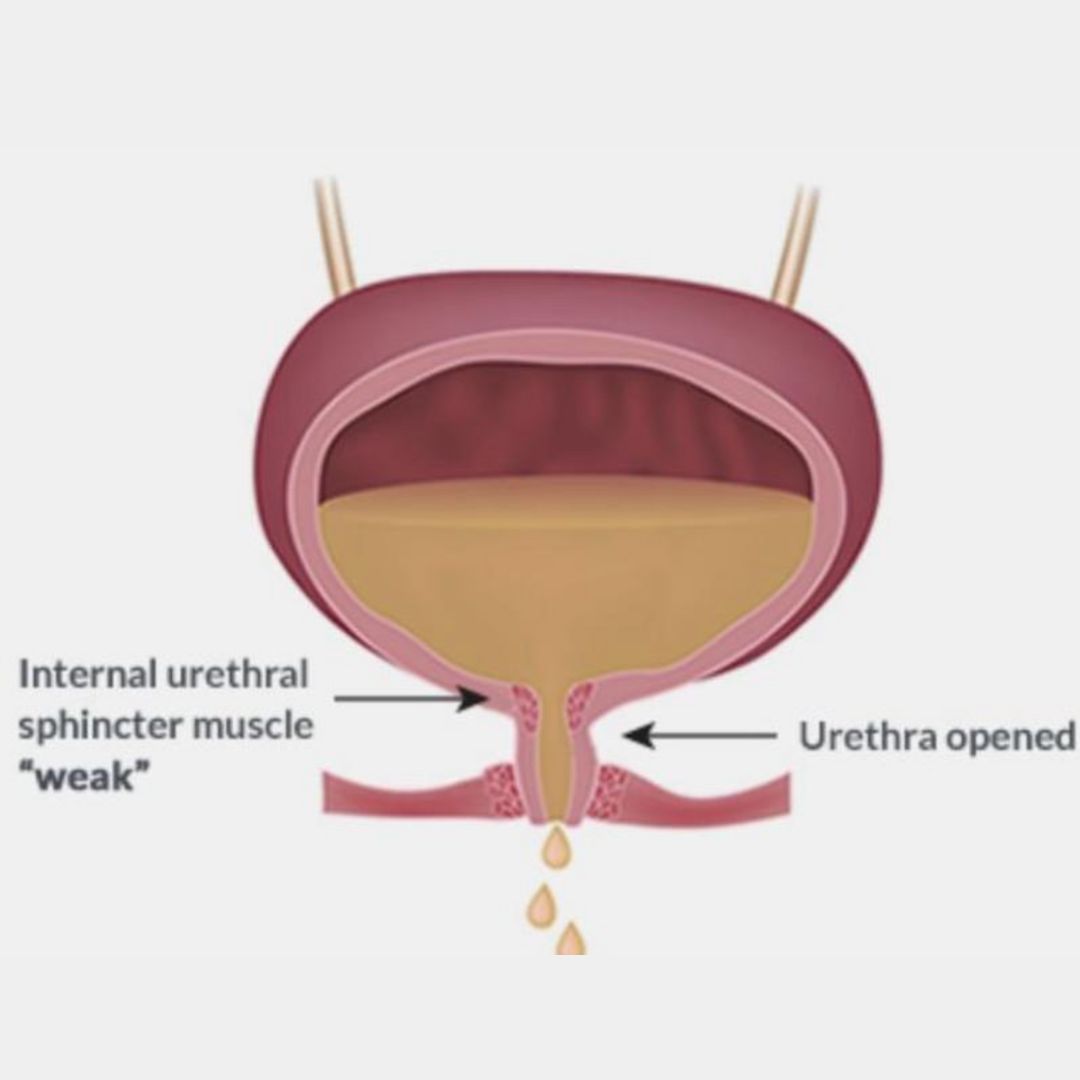
Stress Incontinence Treatment with Laser at Chawla Nursing Home Jalandhar
Stress Incontinence in Women: Causes, Diagnosis, and Treatment Options with laser and other modalities at Chawla nursing home Jalandhar.
Stress incontinence, a prevalent condition affecting millions of women worldwide, involves the involuntary leakage of urine during activities that increase intra-abdominal pressure, such as coughing, sneezing, or exercising. Studies suggest that up to one in three women may experience some degree of stress incontinence during their lifetime.
The primary cause of stress incontinence lies in weakened pelvic floor muscles and tissues that support the bladder and urethra. Factors contributing to this weakening include childbirth, hormonal changes during menopause, obesity, chronic coughing, or pelvic surgeries. Notably, the strain exerted on these structures during a vaginal delivery can contribute to the development of stress incontinence later in life.
Diagnosis of stress incontinence typically involves a comprehensive assessment, including medical history, physical examination, urinalysis, bladder diary, and possibly urodynamic studies to evaluate bladder function and urine leakage patterns.
Effective management often includes lifestyle modifications and pelvic floor muscle exercises, commonly known as Kegel exercises. These exercises aim to strengthen the pelvic floor muscles, thereby enhancing bladder control and reducing urine leakage. Additionally, emerging treatments like laser therapy have shown promise. Laser therapy rejuvenates vaginal and urethral tissues, promoting collagen production and tissue elasticity, leading to symptom improvement.
Radiofrequency (RF) therapy is another non-invasive option. RF stimulates collagen production in the vaginal walls, improving tissue laxity and reducing stress incontinence symptoms.
When conservative measures fail, surgical interventions such as Tension-Free Vaginal Tape (TVT) placement may be considered. TVT surgery involves placing a mesh tape under the urethra to provide support, reducing urine leakage.
Laparoscopic surgery, another surgical approach, offers a minimally invasive option for stress incontinence treatment. This technique involves small incisions and the use of a camera and specialized instruments to perform the procedure with less postoperative pain and quicker recovery compared to traditional open surgery.
Stress incontinence is a prevalent condition with various treatment options available. From conservative measures like pelvic floor exercises to innovative approaches like laser therapy and surgical interventions such as TVT and laparoscopic surgery, women have multiple avenues to address and manage stress incontinence effectively. At Chawla Nursing Home and Maternity Hospital Jalandhar we help tailor the treatment plan to individual needs and preferences you can contact at 0181-2224374, 5072323 or call 9023703001, 7307103001.

